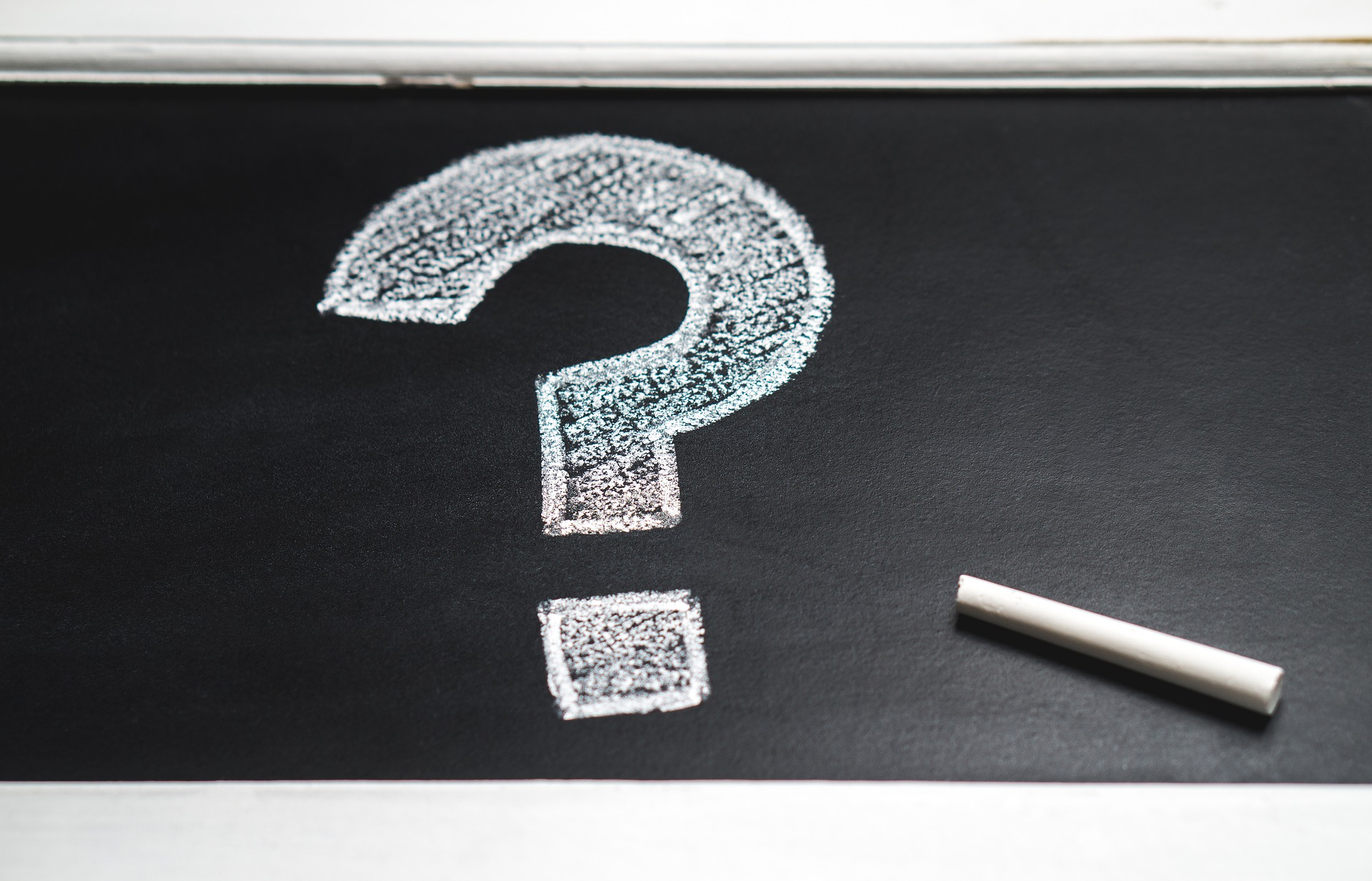
29 Apr How are IRA distributions taxed in N.J.?
Photo: pixabay.comQ. I moved to New Jersey after working overseas for most of my working life. I contributed to traditional IRA and I am now taking Required Minimum Distributions (RMDs). I took a deduction for the contribution in some of the years, and this is captured on my Federal Form 8606. I made no contributions to the IRA when I moved to New Jersey. Can I still deduct the full cost basis? Also, should line 20a depict my RMD less the cost basis amount reported on 20b?
— Investor
A. Welcome to New Jersey!
How your Required Minimum Distribution is taxed can be confusing.
The simple answer is yes.
You can still deduct the after-tax contributions (basis) in preparing your federal taxes and both the pre- and after-tax contributions for New Jersey tax purposes, said Howard Hook, a certified financial planner and certified public accountant with EKS Associates in Princeton.
The basis of your IRA is different for federal and New Jersey purposes, he said.
“For federal purposes, the basis is the amount of non-deductible – referred to as after-tax – IRA contributions you made while contributing to the IRA,” he said. “If you have taken distributions in the past, then the amount of basis distributed in the past would need to be subtracted in determining the remaining basis.”
Hook offered this example: Let’s say you made $20,000 of after-tax contributions to your IRA over the years, and in 2017 you took a distribution of which $500, represented after-tax basis. Your carry-forward basis for 2018 would be $19,500.
For New Jersey purposes, the amount of basis is different in that all of your contributions to the IRA represent after-tax basis. This is true even though you did not reside in NJ while making those contributions, Hook said.
Per NJ Tax Topic Bulletin GIT-2, page 1: “Any contributions you made to an IRA before you moved to New Jersey are treated in the same way as they would have been treated if you had been living in New Jersey at the time you made the contributions.”
This will result in a smaller amount of the distribution being taxed for New Jersey tax purposes, Hook said.
“Line 20a should only be the taxable portion of your RMD for New Jersey purposes,” Hook said. “Line 20b should be the non-taxed portion such that if you add up lines 20a and 20b, that equals the total amount you took from your IRA in 2018.”
Email your questions to .
This story was originally published on April 29, 2019.
NJMoneyHelp.com presents certain general financial planning principles and advice, but should never be viewed as a substitute for obtaining advice from a personal professional advisor who understands your unique individual circumstances.

